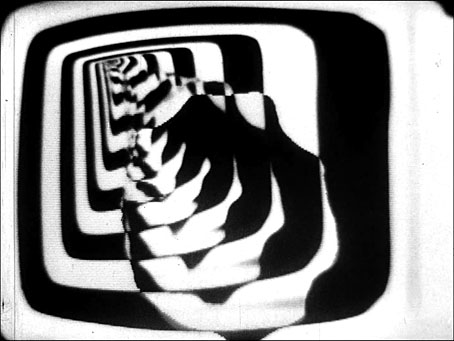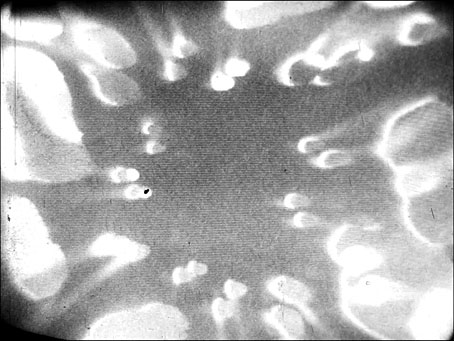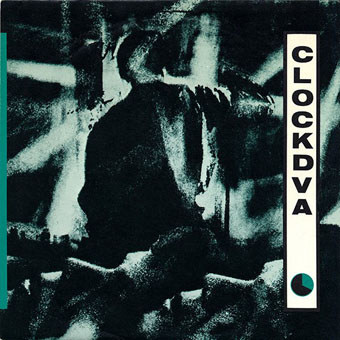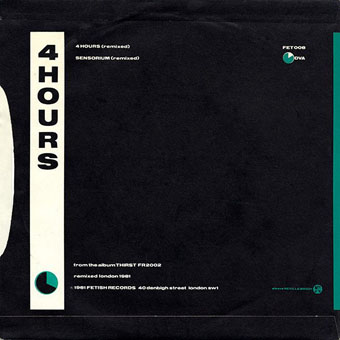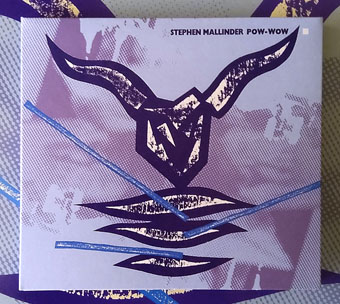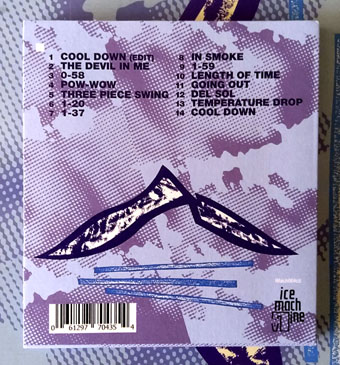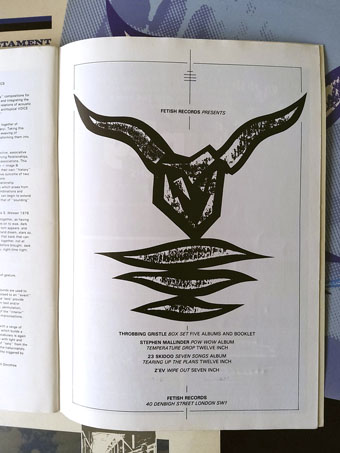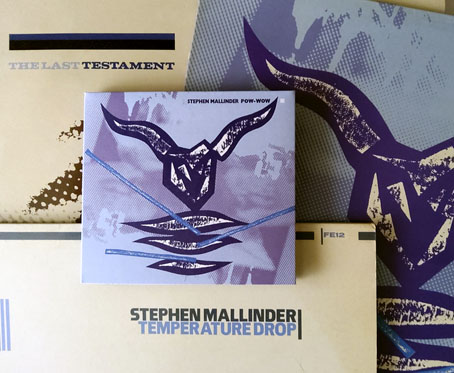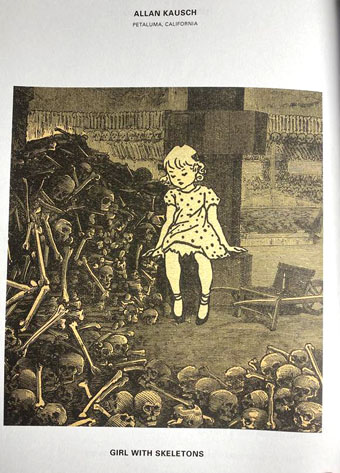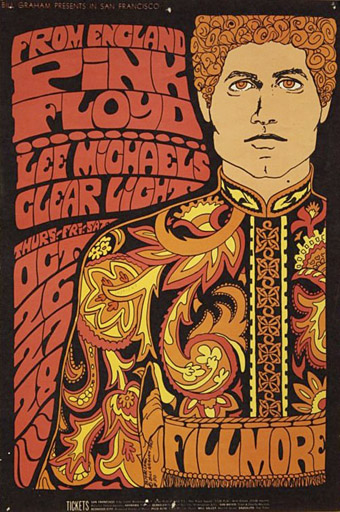Since it was announced this week that Cabaret Voltaire will release a new album in November, here’s a short Cabs-related film that used to be impossible to see. A Sheffield art student, Nick Allday, made Recoil in 1981 as part of his course work, and managed to persuade Cabaret Voltaire to create a soundtrack:
The concept originated with raw material of video feedback and some sparse nuclear bomb footage available at the time. The idea was to represent in abstract form the cruel chaotic dysfunctional nature of the human condition with all its potential for self destruction. It was conceived as a manifestation of wretched anger, fury, and regret. (more)
Very typical of the early 1980s, in other words. The film was mentioned in a few of the group’s interviews around this time, and was also screened before some of their performances, but it otherwise remained a mystery until the footage was rediscovered and restored a few years ago. The copy of Recoil at Vimeo was uploaded by the organiser of the Gofundme launched to pay for the restoration, revealing music that sounds like an outtake from Red Mecca. (According to the post linked above this was mostly the work of Stephen Mallinder rather than the group as a whole.) And having written about Last and First Men a couple of days ago, it’s worth mentioning that Chris Watson, who was still a member of Cabaret Voltaire in 1981, recorded the natural sounds for Jóhann Jóhannsson’s film.
As to the forthcoming album, Shadow Of Fear, I’m not the only person who finds everything credited to the group since Plasticity (1992) to be barely distinguishable from many of Richard Kirk’s solo works. Stephen Mallinder seems to be present in name only on these albums which makes you wonder what there is about a CV release that differs from a Kirk release, especially when the preview track, Vasto, sounds like more of the same. The real shadow of fear is the worry that a worthwhile project is being perpetuated for no good reason.
Previously on { feuilleton }
• Pow-Wow by Stephen Mallinder
• TV Wipeout revisited
• Doublevision Presents Cabaret Voltaire
• Just the ticket: Cabaret Voltaire
• European Rendezvous by CTI
• TV Wipeout
• Seven Songs by 23 Skidoo
• Elemental 7 by CTI
• The Crackdown by Cabaret Voltaire
• Neville Brody and Fetish Records

